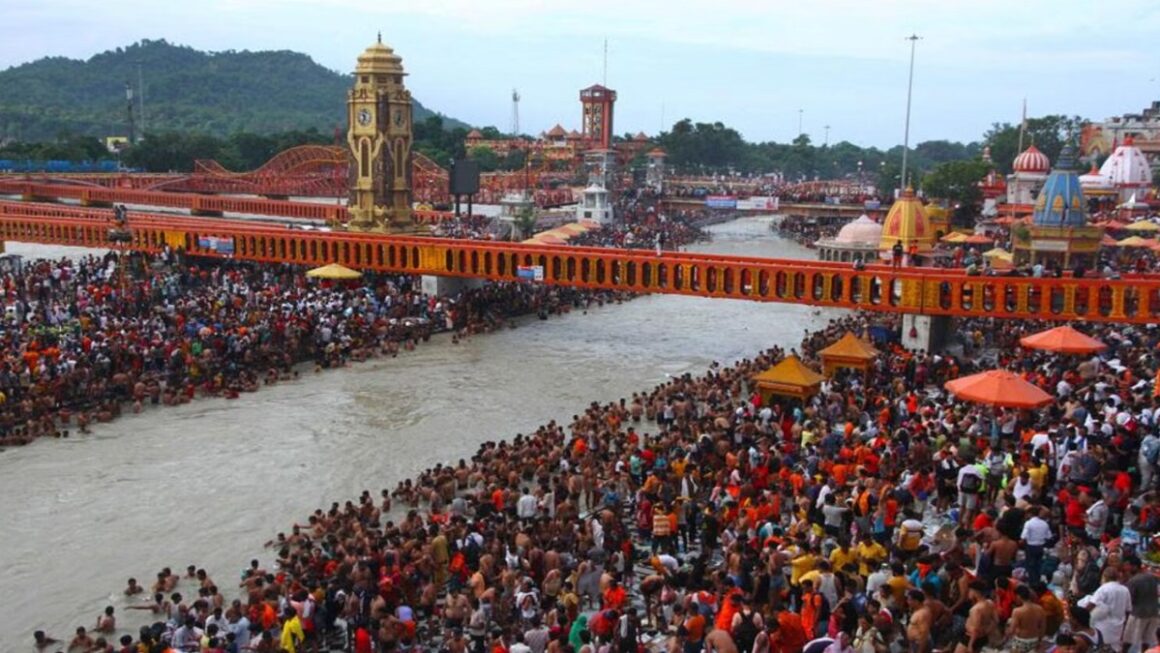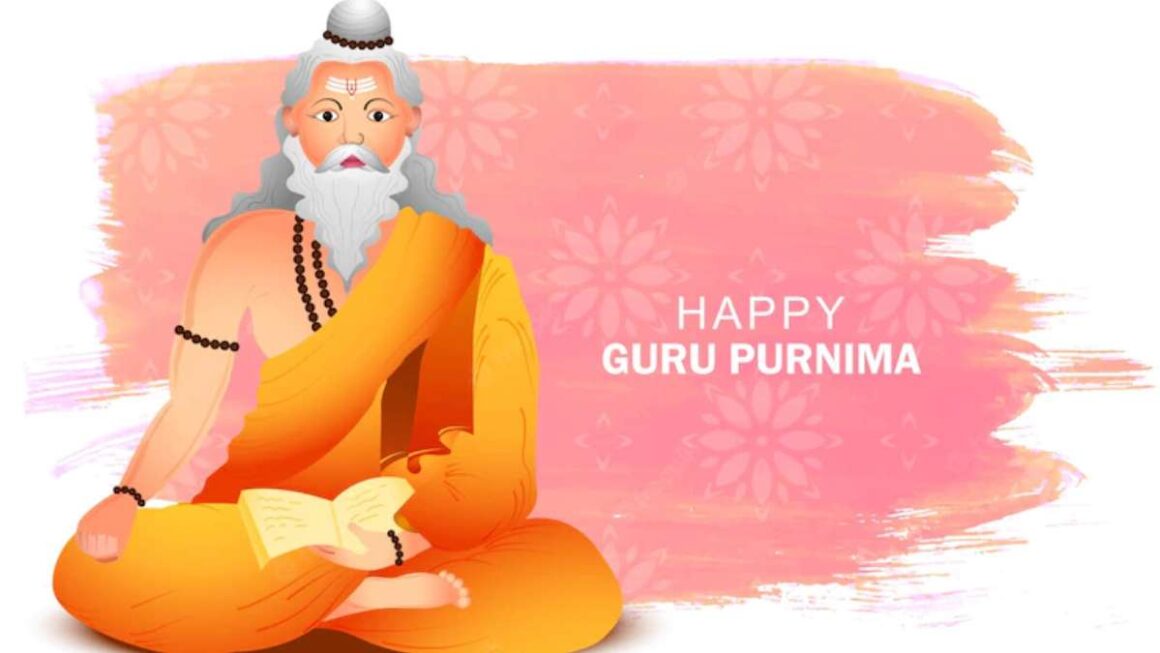In a move that’s been buzzing with opinions, the Uttar Pradesh government has introduced a seemingly simple yet impactful directive for vendors: display your names on shops, carts, and stalls. This isn’t just a bureaucratic whim; it’s a thoughtful response to the complexities faced during the spiritually significant Kawad Yatra, observed in the holy month of Shravan.
Initially, this directive might feel like it’s stirring the pot of diversity, potentially dividing people based on their backgrounds. Detractors, including voices from the Congress party, have painted this as a ploy to segregate, drawing bold lines between communities. Yet, if we peel back the layers of this decision, its core intention promotes understanding and cooperation.
Understanding the Need
During Kawad Yatra, pilgrims adhere strictly to a Satvik diet, which is crucial for maintaining their spiritual and physical purity. In the past, accidental consumption of non-Satvik foods has led to disputes that, regrettably, escalated into communal tensions. These conflicts often arose from simple misunderstandings or miscommunications about food content, tarnishing what should be a peaceful pilgrimage.
The Rationale Behind the Decision
By mandating vendors to display their names, the government is not branding or segregating but enhancing transparency. This clarity helps pilgrims make informed choices, reducing potential conflicts. This is not about pointing fingers or casting blame—many disputes in the past might have been just misunderstandings. “Ye specific community ko belong krta hai isne Mera dharam bhrasht kr diya”—such accusations can now be avoided, ensuring everyone’s journey remains sacred and smooth.
Benefits Beyond Communal Harmony
Look beyond the communal angle, and you’ll see a broader benefit: consumer empowerment. Whether it’s a pilgrim or a local shopper, knowing your vendor builds trust and ensures transparency. It’s about consumer rights, where people have the freedom to choose based on clear information.
For vendors, this isn’t a setback but an opportunity to showcase their commitment to quality and ethical practices. “It’s about presenting yourself proudly, not hiding behind anonymity,” reflects the spirit behind this initiative. Once the Yatra concludes, things are expected to return to normal, indicating that this measure is more about temporary precaution than permanent change.
Conclusion
While it’s easy to jump to conclusions and view this through a lens tinted with communal hues, the real picture is different. This directive from the Uttar Pradesh government is a practical, proactive measure to ensure peace and mutual respect during a time of spiritual significance. It acknowledges the diversity and complexities of our society and chooses a path of understanding and precaution. The aim here is clear: let the Kawad Yatra be a time of devotion, not discord.




